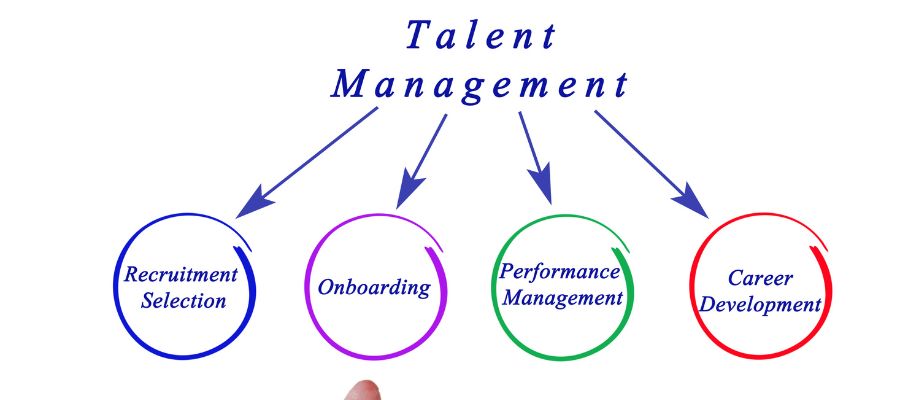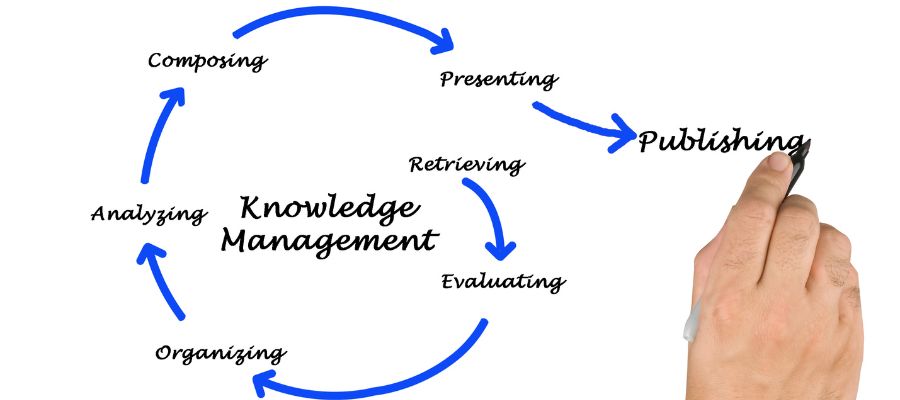Strategic resource management is the cornerstone of any successful business, especially in the accounting sector. It involves the judicious allocation and optimization of resources—be it human, technological, or financial—to achieve long-term goals and sustainable competitive advantage.
By integrating strategic resource management into every facet of operations, businesses can enhance efficiency, foster innovation, and ultimately, secure a dominant position in the market.
Resource Allocation Strategies

Effective resource allocation strategies are fundamental to strategic resource management. They ensure that resources are deployed where they can deliver the maximum impact.
This involves prioritising investments, projects, and initiatives based on their potential to drive growth and profitability.
In the context of accounting, this might mean investing in cutting-edge software to automate routine tasks or allocating budgets towards market research to identify new service opportunities.
Strategic Human Resource Planning

Human resources are arguably the most valuable asset in strategic resource management. Strategic human resource planning involves forecasting the organisation’s future human resource needs and devising plans to meet these requirements.
This could involve training programs to upskill existing staff in new accounting regulations or hiring specialists to tap into new markets.
The goal is to ensure that the organisation has the right mix of skills and expertise to meet future challenges.
Talent Management and Development

Closely linked with human resource planning is talent management and development. This aspect of strategic resource management focuses on attracting, retaining, and nurturing the best talent.
It encompasses everything from creating conducive work environments to offering competitive compensation packages and career advancement opportunities.
By investing in talent management, firms can cultivate a highly skilled and motivated workforce capable of driving business success and facilitating seamless business integration.
Knowledge Management

In the knowledge-intensive field of accounting, effective knowledge management is a critical component of strategic resource management.
It involves capturing, distributing, and effectively using the collective knowledge within the organisation. This could be in the form of best practices, client insights, or industry trends.
By leveraging this knowledge, accounting firms can enhance decision-making, improve service delivery, and foster a culture of continuous learning and business model innovation.
Technology and Innovation Management

Technology and innovation management is another pillar of strategic resource management. In the rapidly evolving accounting landscape, embracing technological advancements can provide a significant competitive edge.
This might involve adopting cloud-based accounting solutions, leveraging data analytics for deeper financial insights, or exploring blockchain for enhanced security and transparency.
Strategic management of technology and innovation can lead to more efficient operations, better client service, and new revenue streams.
1. Strategic Outsourcing
Strategic outsourcing is a key consideration in strategic resource management, allowing firms to focus on their core competencies while leveraging external expertise for non-core functions.
In accounting, this might mean outsourcing IT support or payroll processing. Strategic outsourcing can lead to cost savings, improved efficiency, and access to specialised skills and technologies.
2. Sustainable Resource Management
Sustainable resource management is increasingly becoming a priority in strategic resource management. It involves managing resources in a way that is environmentally sustainable, socially responsible, and economically viable.
For accounting firms, this could mean adopting green accounting practices, promoting diversity and inclusion, or supporting community initiatives.
Sustainable resource management not only enhances corporate reputation but also contributes to long-term business viability.
3. Strategic Procurement
Strategic procurement is an essential aspect of strategic resource management, involving the strategic acquisition of goods and services that are critical to the organisation’s operations.
In the accounting sector, this could include procuring specialised software, research databases, or access to regulatory databases.
Strategic procurement ensures that the firm gets the best value for its investments and maintains a competitive edge.
Risk Management in Resource Allocation

Risk management plays a pivotal role in strategic resource management, particularly in resource allocation. It involves identifying, assessing, and mitigating risks associated with resource allocation decisions.
In the accounting world, this could relate to investments in new technologies, expansion into new markets, or changes in regulatory landscapes. Effective risk management ensures that resources are allocated in a way that balances potential rewards with associated risks.
Strategic Performance Measurement and Evaluation

Strategic performance measurement and evaluation are crucial for assessing the effectiveness of strategic resource management initiatives.
This entails setting clear performance indicators, regularly reviewing progress, and making adjustments as necessary.
In accounting firms, performance metrics might include client satisfaction scores, operational efficiency ratios, or financial performance indicators.
Regular evaluation helps ensure that resource management strategies are aligned with overall business objectives.Partnering with Walter and Associates for strategic resource management can be likened to building a strong brand in the accounting industry.
Just as a well-crafted brand identity sets a company apart from its competitors and resonates with its target audience, strategic resource management aligns resources with long-term goals and market opportunities, creating a distinct advantage.
With Walter and Associates’ guidance, your accounting firm can establish itself as a trusted leader, adapt to evolving trends, and secure its position as a powerhouse in the industry.
Conclusion
Strategic resource management is not just a set of practices but a mindset that should permeate every aspect of an accounting firm’s operations.
It’s about making informed, strategic decisions that align resources with long-term goals and market opportunities.
By embracing accounting professionals can not only navigate the complexities of the modern business environment but also set the stage for sustained success and growth.
Accounting, regulations change, technologies evolve, and client demands shift, strategic resource management is the beacon that guides firms towards achieving a competitive advantage and securing their place in the future of the industry.























